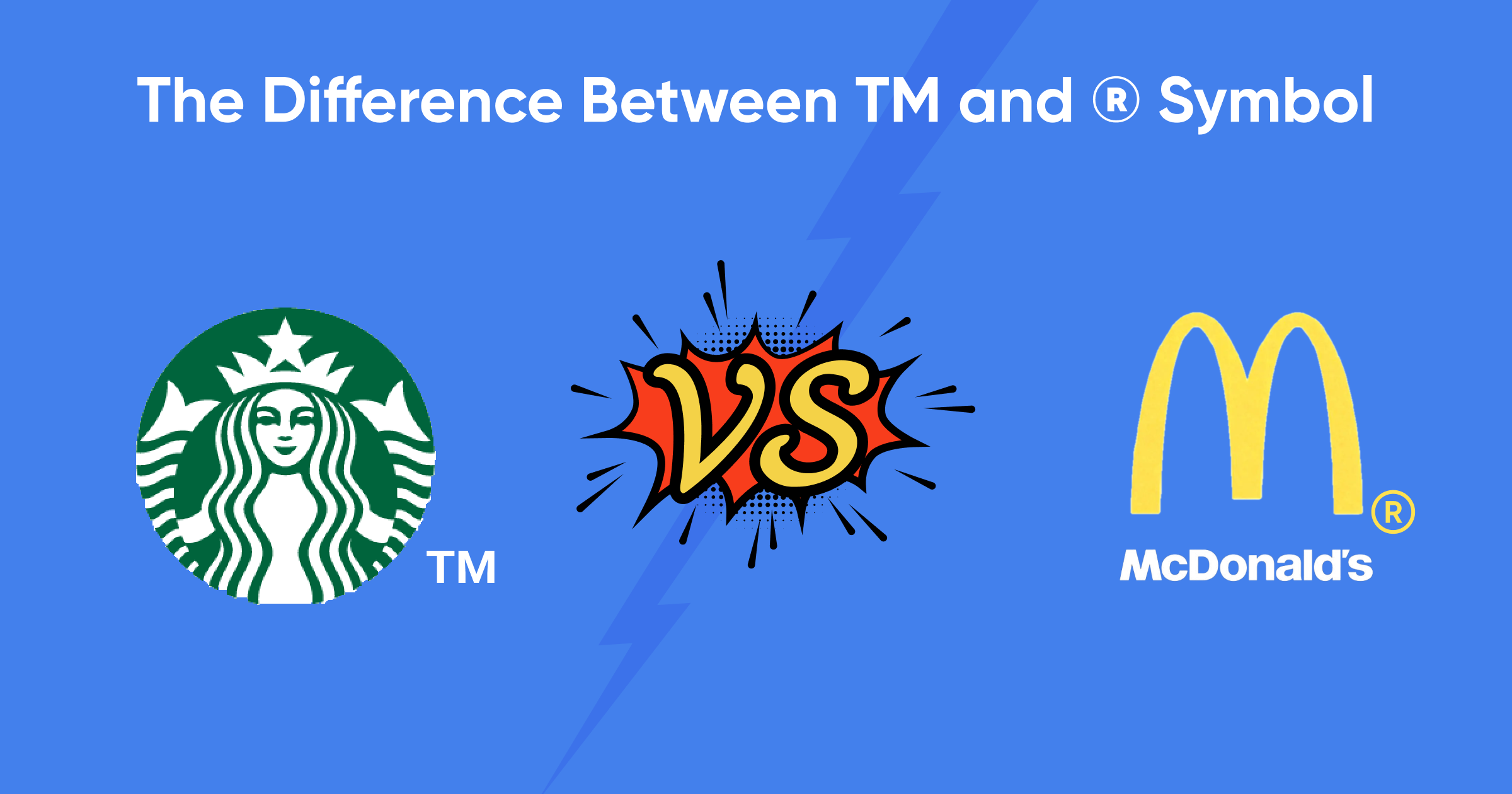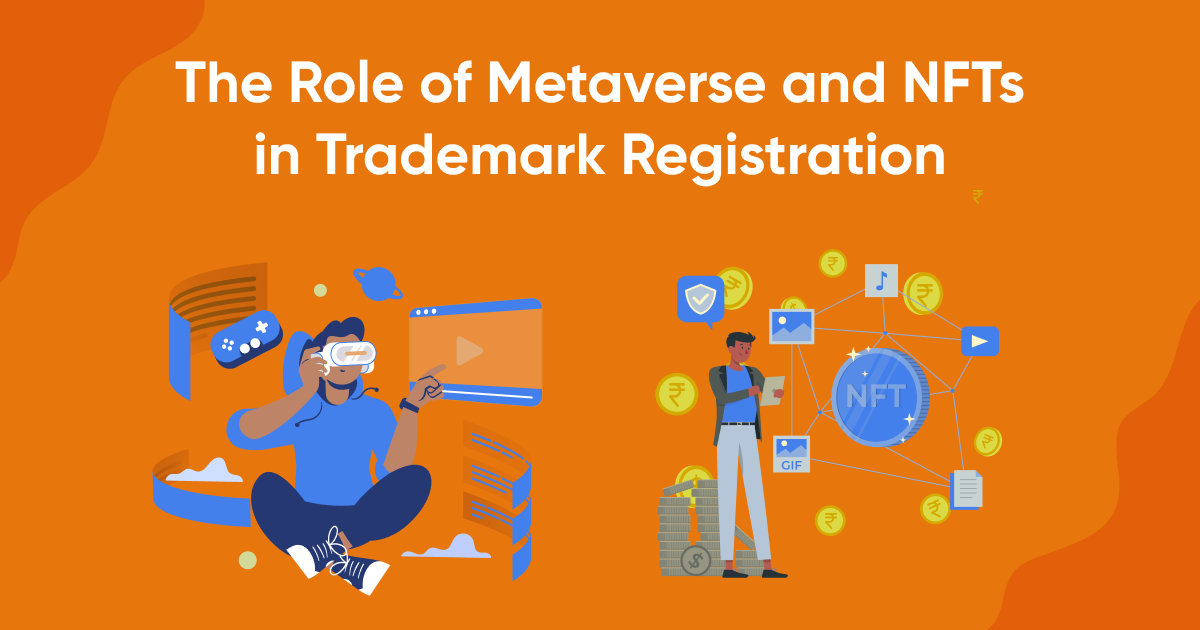Trademarks play a vital role in distinguishing your brand from competitors. If you’ve ever noticed the ™ and ® symbols alongside brand names or logos, you may have wondered about their significance. While both symbols indicate trademark rights, their meaning, usage, and legal implications differ.
This blog aims to clarify the difference between ™ and ® symbols, their significance, when to use them, and how they impact trademark rights in India.
Understanding the ™ Symbol
The ™ symbol stands for “Trademark” and is often used to indicate that a particular word, phrase, logo, or design is being claimed as a trademark by its owner. Here’s what you need to know:
- No Registration Required: The ™ symbol can be used for unregistered trademarks to inform the public that the owner considers the mark unique and intends to protect it.
- Indicates Ownership: It signifies that the owner asserts rights over the mark, even if it has not yet been registered.
- Protection Under Common Law: In India, the ™ symbol offers protection under common law against unauthorized use, although this protection is weaker compared to registered trademarks.
When to Use the ™ Symbol?
When your trademark application is under review and not yet approved.
When you want to establish a claim over a brand element without registering it formally.
Understanding the ® Symbol
The ® symbol stands for “Registered” and indicates that a trademark has been officially registered with the appropriate trademark authority, such as the Controller General of Patents, Designs, and Trademarks in India.
- Exclusive Rights: The ® symbol confirms that the owner has exclusive rights to use the mark for specific goods or services.
- Legal Protection: Registered trademarks are protected under the Trademarks Act, 1999, offering stronger enforcement against infringement.
- Global Recognition: Many jurisdictions, including India, recognize and protect registered trademarks bearing the ® symbol.
When to Use the ® Symbol?
After your trademark registration is complete and approved.
Only in jurisdictions where the trademark is registered, as using the ® symbol without registration is considered illegal.
Key Differences Between ™ and ® Symbols
- Meaning: ™ indicates an unregistered trademark claim, while ® signifies a registered trademark.
- Registration: ™ requires no registration; ® can only be used after official registration.
- Legal Protection: ™ offers limited common law protection, whereas ® provides strong legal rights under the Trademarks Act.
- Usage: ™ can be freely used; ® must be used only for registered trademarks in applicable jurisdictions.
- Geographical Scope: ™ is valid globally for claims, while ® is limited to registered jurisdictions.
- Misuse Penalty: No legal penalties for ™ misuse, but improper use of ® can result in fines or legal action.
Why the Difference Matters
Understanding the distinction between ™ and ® is crucial for businesses to ensure proper trademark usage and protection. Here’s why:
Avoid Legal Issues: Misusing the ® symbol without proper registration can lead to legal penalties.
Build Brand Credibility: Properly using the ™ and ® symbols enhances brand reputation and conveys professionalism.
Protect Intellectual Property: Using these symbols appropriately helps protect your intellectual property from infringement.
Importance of Professional Assistance in Trademark Management
Navigating the nuances of trademark usage and registration can be complex. Professional service providers, like Trademarkia, can guide you through the process of registering your trademark, ensuring compliance with legal requirements, and advising on the correct use of ™ and ® symbols.
Common Misconceptions About ™ and ® Symbols
“Both Symbols Mean the Same Thing”
While both indicate trademark rights, their legal implications and usage differ significantly.
“I Can Use the ® Symbol Without Registration”
Using the ® symbol without proper registration is illegal and can lead to penalties.
“The ™ Symbol Offers the Same Protection as ®”
The ™ symbol provides limited protection compared to the ® symbol, which offers comprehensive legal enforcement.
Practical Tips for Using ™ and ® Symbols
Educate Your Team: Ensure your marketing and legal teams understand the correct usage of ™ and ® symbols.
Be Transparent: Use ™ for unregistered marks and switch to ® only after completing the registration process.
Monitor Usage: Regularly review your trademarks’ usage to ensure compliance and avoid misuse.
Conclusion
The ™ and ® symbols serve as essential tools for businesses to protect and establish their intellectual property rights. While the ™ symbol is ideal for unregistered marks, the ® symbol is reserved for trademarks that have undergone formal registration. Understanding their differences ensures legal compliance, protects your brand, and reinforces your business’s credibility.
Secure your brand’s identity by registering your trademark and understanding the proper usage of ™ and ® symbols. Need assistance? Connect with Trademarkia to simplify the trademark registration process and safeguard your brand in India. Act now to protect your business!
Discover the key differences between ™ and ® symbols, their significance, and proper usage. Learn how they impact trademark rights and brand protection in India.







